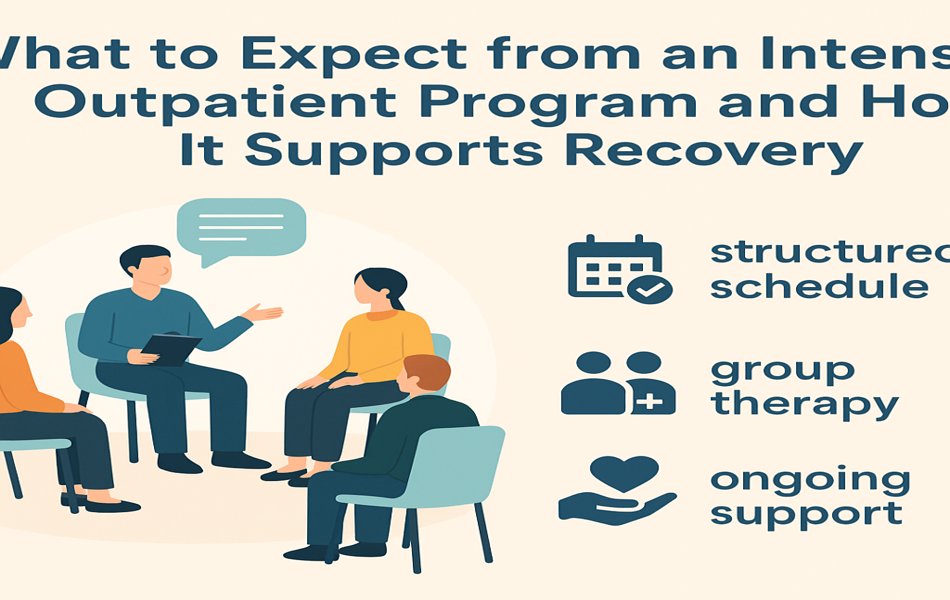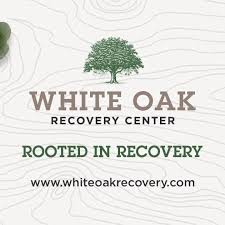No More Mistakes with Flour Mill Machine Manufacturer
Mar 11 2023


Recovery is not a one-size-fits-all journey. Maybe you’ve completed detox or residential treatment, or perhaps you're just beginning to explore options for help. Either way, if you're looking for a structured but flexible path forward, an Intensive Outpatient Program (IOP) might be exactly what you need. IOPs are designed to support your recovery while allowing you to keep living your life going to work, spending time with family, and sleeping in your own bed.
But what is an IOP really like? And how does it help you build a stronger foundation for long-term recovery? Let’s walk through what to expect, and how an IOP can be a powerful stepping stone on your healing path.
An Intensive Outpatient Program is a form of addiction treatment that offers a high level of care without requiring overnight stays. It’s more structured than standard outpatient care but offers more freedom than residential programs.
You’ll typically attend sessions several times a week often three to five days with each session lasting about three hours. Some programs offer daytime or evening options, so you can choose what works best with your schedule.
The core components include:
Group therapy focused on communication, relapse prevention, and emotional regulation
Individual counseling to address deeper personal struggles
Psychoeducation about addiction, triggers, coping skills, and mental health
Support for co-occurring disorders, like anxiety or depression
IOPs are ideal for people who have a stable living situation and are ready to take more responsibility for their sobriety while staying connected to professional support.
During your first few days in an IOP, you’ll go through an intake and assessment process. This is where your care team gets to know your history, needs, and goals. They’ll design a personalized treatment plan that fits where you are in your journey.
This early phase might feel a little overwhelming lots of forms, new faces, and a full schedule but give it time. Most people report that within the first week, they begin to feel a sense of structure, safety, and even relief.
“Recovery is hard work but it's also incredibly rewarding work. You get to rebuild yourself, day by day.” Anonymous
Think of an IOP as a bridge between full-time treatment and real life. You’ll still get the support you need, but you’ll also start applying what you’ve learned in the outside world. This balance is one of the reasons IOPs are so effective.
Here’s what a typical week might look like:
Group therapy: You’ll connect with others who are walking a similar path. These sessions build a sense of community and accountability.
One-on-one sessions: Your therapist will help you explore past trauma, family dynamics, or emotional struggles contributing to your addiction.
Skill-building: You’ll learn tools to manage cravings, cope with stress, and set healthy boundaries.
Check-ins: You’ll meet regularly with case managers or clinicians to track your progress.
All of this happens while you're continuing to live your life. You can go to work, see your kids, and sleep in your own bed each night.
An IOP is more than just a treatment schedule it’s a support system. These programs help reinforce the idea that recovery is a lifestyle, not just a phase.
Some benefits of IOPs include:
Continuity of care after detox or inpatient treatment
Safe space to process challenges as they arise in real time
Relapse prevention strategies that are realistic and personalized
Community support from peers who truly understand
Studies from organizations like the National Institute on Drug Abuse confirm that longer engagement in treatment including outpatient services significantly improves outcomes and reduces relapse rates.
You might be wondering if you’re ready for an IOP. Here’s a helpful way to think about it: If you’ve got some stability in your daily life, but still need structured support to stay sober and grow, an IOP could be the perfect fit.
Take a moment to reflect on your needs:
Are you transitioning out of a residential program?
Do you need more flexibility than inpatient care allows?
Are you struggling to stay sober on your own?
Do you want professional guidance without stepping away from daily responsibilities?
If the answer to any of these is yes, start exploring your options for intensive outpatient programs near me.
Recovery doesn’t stop when you leave a detox center or inpatient facility. It evolves. Intensive outpatient programs are one of the most supportive ways to keep that momentum going. They let you stay grounded in your life while still receiving the clinical help, community, and emotional support that recovery requires.
You don’t have to choose between healing and living you can do both, and IOPs make that possible. Whether you’re stepping down from a higher level of care or looking for a flexible treatment option that fits your lifestyle, an IOP can help you stay committed to the life you’re working hard to build.
Social Media Marketing Strategies for Beginners
Mar 14 2023
(0) Comments